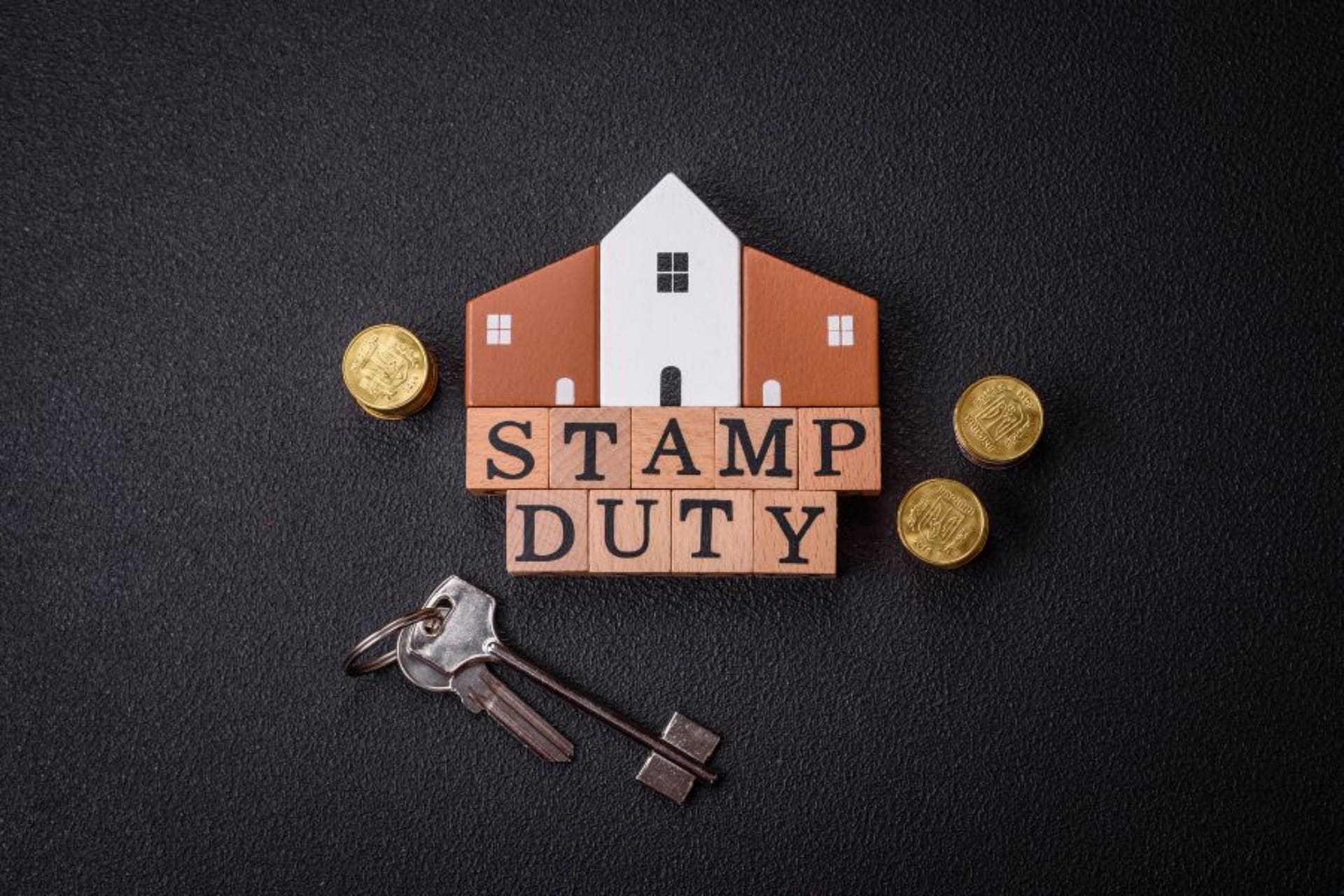When you’re buying or selling property in Queensland, a trust account is often used to safely hold money during the transaction. These accounts make sure funds are managed properly and give everyone peace of mind while contracts are being finalised.
In most property deals, especially when handled by a real estate agent or lawyer, a trust account is used to hold the buyer’s deposit until settlement. Understanding the different types of trust accounts used in Queensland real estate can help you feel more confident about where your money goes and why.
What Is a Trust Account in Queensland Real Estate Transactions?
A trust account is a special type of bank account used to hold money on behalf of someone else. In property transactions, this usually means holding a deposit from the buyer until the sale is complete. The money doesn’t belong to the person holding it, like the agent or lawyer. Instead, it stays in the account until it’s time to release it based on the contract’s terms.
Trust accounts are strictly regulated in Queensland. This means the person managing the account must follow specific rules and report how the money is handled. The purpose is to protect both the buyer and the seller by making sure no one can misuse the funds.
For example, if you pay a deposit on a house, that money goes into a trust account. It stays there until settlement, when it’s passed on to the seller. If the sale falls through for a legal reason, the money may be returned to you, depending on the contract.
When Is a Trust Account Required During a Property Sale or Purchase?
Trust accounts are commonly used during several points in a real estate transaction. The most frequent example is when a buyer pays a deposit after signing a contract. The law requires that this money be held securely until settlement or until the contract ends for another reason.
Here are some situations where a trust account is used:
- Deposit payment: After a buyer signs a contract, they usually pay a deposit, which is held in trust.
- Legal funds management: If a solicitor or conveyancer holds money for you related to the property sale or purchase, they may use a trust account.
- Rental or body corporate transactions: Trust accounts may also be used by property managers or body corporate managers when holding tenant deposits or levies.
Not everyone involved in property needs a trust account, but professionals such as real estate agents and law firms are required to use them if they are dealing with client funds. This helps keep things transparent and accountable.
Also Read: Buying a House Timeline: Your Step-By-Step Guide
What Are the Different Types of Trust Accounts Used in Queensland Conveyancing?
There are a few types of trust accounts used in Queensland real estate transactions, and they are each used for specific situations. Knowing the difference helps you understand where your money goes and who is looking after it.
1. General Trust Accounts (Real Estate Agents or Law Firms)
This is the most common type. It’s used by real estate agents or law firms to hold buyer deposits or other funds related to property sales. These accounts must be set up with an approved bank and follow strict rules under Queensland legislation.
Funds in general trust accounts are held on behalf of clients and must not be mixed with business money. Regular audits are required to ensure everything is managed correctly.
2. Solicitor’s Trust Accounts
These are similar to the general trust accounts mentioned above, but managed by law firms or conveyancers. If your solicitor is handling your property purchase or sale, they may use a solicitor’s trust account to hold your deposit or any other funds needed for the transaction.
Solicitors must keep detailed records of all trust money and follow the rules set by the Queensland Law Society. These accounts are also audited regularly.
3. Real Estate Agent Trust Accounts
When a real estate agent is holding your deposit, they must use a licensed trust account. The account must be separate from their business account. This ensures that your money is protected until it is passed on to the seller or refunded if the contract is cancelled.
Agents must follow rules set by the Office of Fair Trading in Queensland and are required to give receipts and keep records of every transaction.
4. Controlled Money Accounts
These are less common but may be used in more complex transactions. A controlled money account is one where the money can only be used in a way approved by both the buyer and the seller, usually set out in writing.
These are usually managed by solicitors and may be used if there are special conditions or agreements that need to be met before the money can be released.
5. Body Corporate or Rental Trust Accounts
While not used in standard property sales, these types of trust accounts are common in property management. A body corporate manager or rental agent may hold money like tenant deposits, levies, or maintenance fees in a trust account on behalf of owners or tenants.
These accounts are also regulated and must be used only for the specific purpose they are intended for.
Why Trust Accounts Matter More Than You Think
Trust accounts may seem like just another step in the property process, but they play a big role in keeping things safe and fair. They help ensure that your money is not misused or lost and that everyone involved in the property transaction follows the rules.
Whether you’re a first-home buyer or an experienced investor, it’s helpful to know how these accounts work and who is responsible for managing them. Always make sure you receive a receipt when paying into a trust account and ask questions if anything isn’t clear.
Have Questions about Trust Accounts or Your Property Transaction?
At CJC Law, we’re here to provide you with clear guidance and professional support. Whether you’re buying your first home or preparing to sell, our experienced conveyancing team will make sure every detail is handled properly.
We take care of trust account management, contract reviews, and settlement coordination so you can feel confident every step of the way.
Contact us today to speak with a local conveyancer who puts your interests first.




